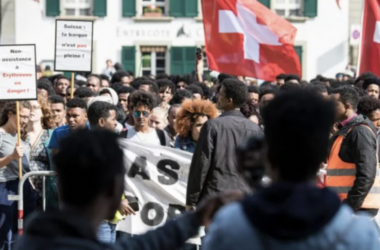The European Union has decided to end discussions on the confiscation of frozen Russian assets, as confirmed in the conclusions of the EU summit held on March 20, which were obtained by DW.
“According to EU legislation, Russian assets must remain immobilized until Russia ends its aggressive war against Ukraine and compensates it for the damage caused by this war,” the statement, adopted by EU leaders without changes, reads.
Several EU member states opposed the confiscation of over €200 billion in Russian sovereign assets, citing concerns related to EU law, potential risks of setting a precedent that could harm European competitiveness in the financial services sector, and the idea of using the interest from these funds to support Ukraine. Additionally, some believe the sum could be used as leverage in future peace negotiations with Russia.
“We are starting to think about the endgame in Ukraine, about peace talks, ceasefires, a peace agreement that may be signed either in 3 months or in 3 years. And people are beginning to understand that having these assets may be more important than confiscating them without knowing what to do with them,” noted a European diplomat ahead of the summit.




